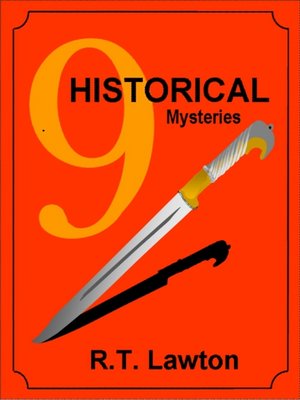All sorts of interesting philosophical constructs have emerged from Heisenberg’s Uncertainty Principle, one of the pillars of Quantum Mechanics. It mandates that an observer can never simultaneously know the exact velocity and position of a subatomic particle, that is, how fast it’s going and where it’s at, both at the same time. You have to choose. One or the other. This is probably the most famous scientific axiom to delineate what we can never know, undermining our abiding belief in science, which is that we can know everything if we just stick to the problem and develop better instruments of measure.
Einstein worked for decades to prove
Heisenberg wrong. He never did. After that, physicists stopped trying. Instead, they built not-knowing into their calculations,
yielding formulas that have given us digital computers, smartphones, lasers,
electron microscopes, LEDs, MRIs, etc.
So not-knowing can yield all sorts
of benefits.
I suffer from a condition I’ve
self-diagnosed as infomania. I’m eager
to learn things, so I read obsessively about nearly everything I can get my
hands on. I’ve absorbed a lot of information,
but I’m mostly struck by how much I don’t know, and never will. I’m at peace with this, because there are actually
a lot of things I don’t want to know, like the date of my demise, the potential
carcinogens in my quarter pounder with cheese, or the political rivalries consuming
my local planning and zoning committees.
Artists and musicians are well aware
of the value of empty spaces between brush strokes and notes. As are fine writers. Which gets me to my point. I think one of the highest forms of literary
craft is the unreliable narrator. A
protagonist who is either ignorant of the events surrounding them, or has
willfully decided not to be aware, or is simply lying to you, the reader. This last version takes exquisite management
of the narrative to give room for both the chronicler rendering the story and
evidence that there’s something fishy in the telling.
The art of the unreliable narrator
relies on us not really knowing what the hell is going on.
Given the difficulty of the effort, there aren’t a lot of good examples, though Humbert Humbert in Lolita comes to mind. He’s not exactly lying to the reader, though he wants us to accept, even endorse, his elaborate philosophical, intellectual and aesthetic rationalizations for what is ultimately an ugly act of pedophilia. As his obsession becomes more obvious, we start doubting more and more of his account, so while the story holds its logic, the actual description of events becomes, well, unreliable.
In the world of mysteries and thrillers,
I’d argue one can never rely on anything expressed by Patricia Highsmith’s
protagonists. Humbert-style
rationalizations are at the center of every story, though often overwhelmed by
outright deceit and sociopathology.
Ripley only wants a world that is the way he wants it to be. Getting at the empirical truth is the farthest
notion from his mind. And with all the ambiguities
and possible interpretations swirling around, the reader will never really know
what is true and what isn’t.
Another triumph for Werner
Heisenberg.
I can’t remotely claim to have made a comprehensive study of unreliable narrators (I willfully choose not to know everything about the subject), but for my money, nothing comes close to Gone Girl. It’s a tour de force. I feel this way partly because I was completely snowed by each of the book’s unreliable narrators, their stories told so convincingly, with lavish detail and nuance, lies and misdirections at industrial scale.
What makes the novel more than a
clever hall of mirrors are the characters – their full realization, like
Highsmith’s, people you might know, or have the misfortune to encounter in
your regular lives. In this way the
crime novel leaks into the horror genre, the kind of horror you could actually
experience, with no need for monsters or creatures from the beyond. Because we recognize that the human mind is
capable of almost anything. Deceiving
itself, deceiving others, weaving its own truths, denying, justifying,
rationalizing its way into the unspeakable.
And unknowable.









